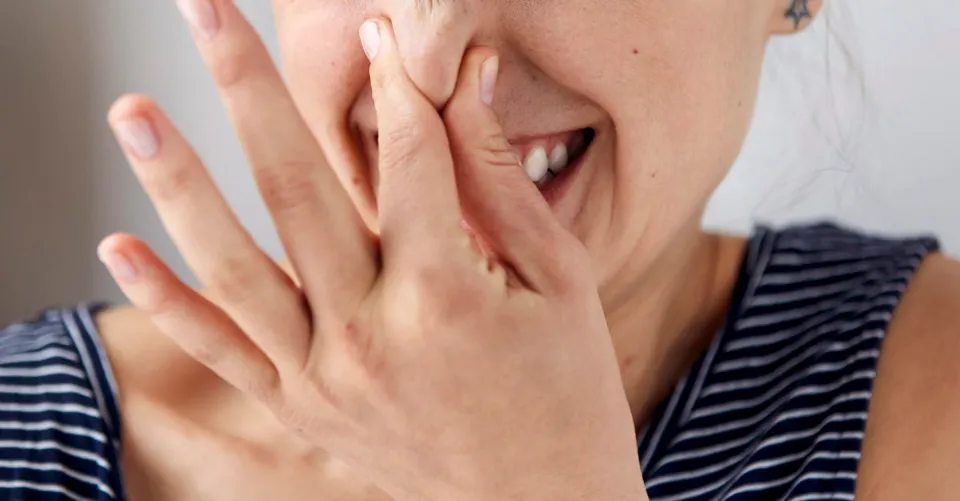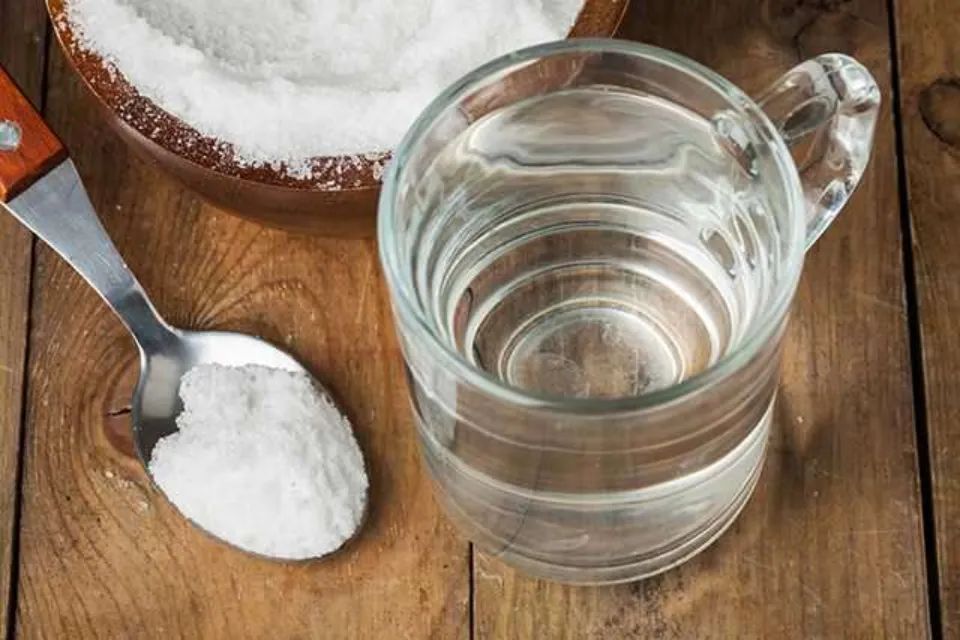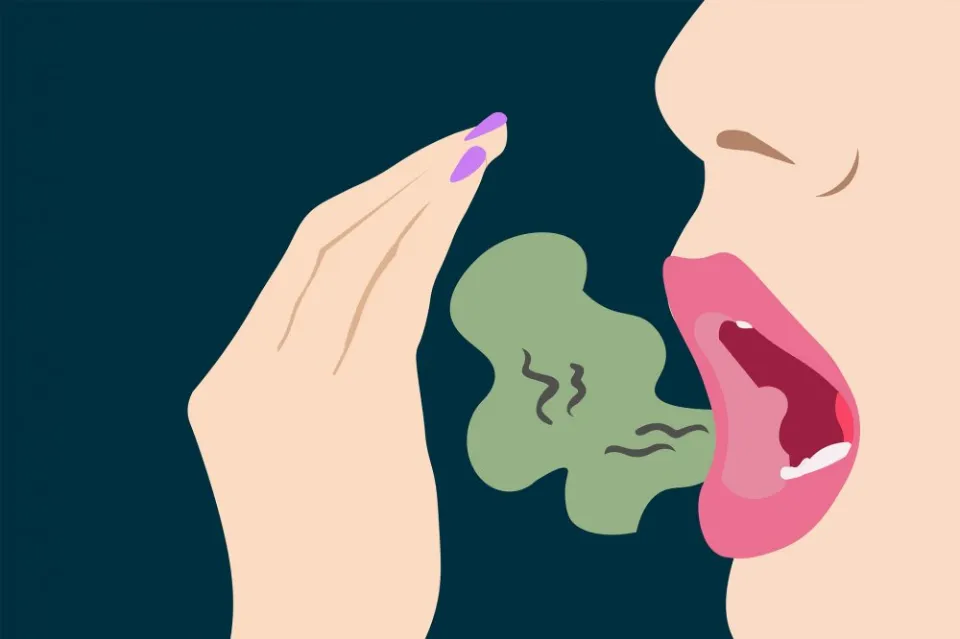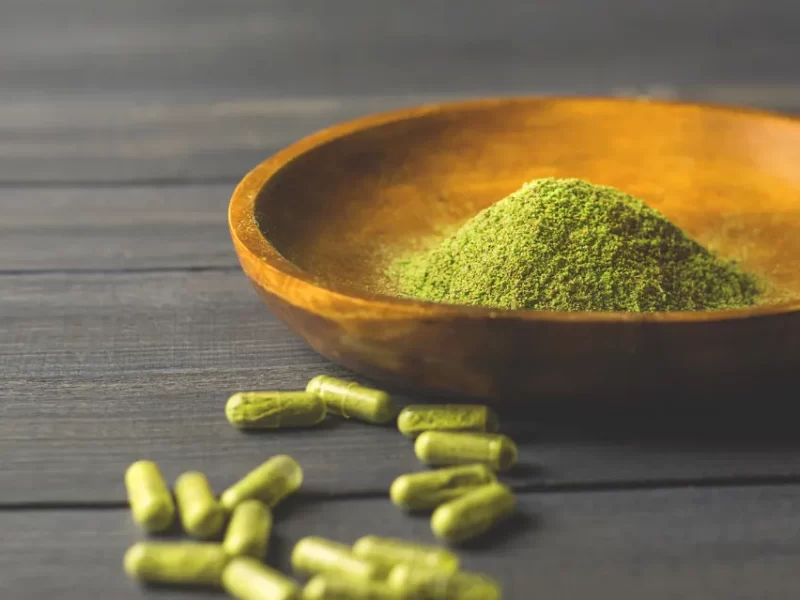One of the most prevalent dental issues that everyone tries to treat at home is bad breath caused by throat mucus. You undoubtedly have tried breath fresheners, gum, and mouthwash while looking for a remedy for bad breath brought on by throat mucus.
When it comes to treating bad breath, one needs to concentrate on improving overall oral hygiene. You will undoubtedly consider what causes the bad breath in the first place and how to treat it once you have tried home remedies for bad breath caused by throat mucus.
Why Does Throat Mucus Cause Bad Breath?
There are a variety of factors that can cause bad breath:
- food such as garlic or onions.
- Smoking.
- Poor oral hygiene.
- Dry mouth.
- Medical conditions.
Mucus from your nose dripping down your throat (post-nasal drip) is a common cause of bad breath. Because the secretions are an excellent food source for bacteria, this will directly affect how you smell. The thick mucus that results from sinusitis, an infection of the sinus cavities, drips back into your throat and contributes to bad breath.
Dairy products should also be avoided. Milk, cheese, and yogurt can thicken mucus, which aggravates post-nasal drip and congestion. On the tongue, the mucus may also leave a white or yellow film. You might feel as though there is something lodged in the back of your throat if you have a post-nasal drip. You might feel like you need to spit out your throat a lot.

How to Treat Bad Breath Caused by Throat Mucus?
You will feel self-conscious and irritable all day long due to bad breath brought on by mucus secretion in the throat. The buildup of thick mucus can cause bad breath or an unpleasant odor coming from your mouth.
Dairy products like milk, cheese, yogurt, and other dairy products can also thicken the mucus in your throat, which can result in bad breath. When suffering from bad breath brought on by throat mucus, one may occasionally feel as though something is stuck in the back of the throat.
Oral hygiene is extremely important when treating or curing bad breath that resulted from throat mucus. By maintaining good oral hygiene and a regular schedule, anyone can avoid developing bad breath or treat it once it results from throat mucus.
Eliminating bad breath (halitosis) will require a regular dental care regimen, which can also improve your overall dental health. To maintain optimum dental health, you can follow the below recommendations:
Brush and Floss Regularly
One of the most crucial activities to perform to maintain excellent dental health is brushing at least twice daily. Additionally, you should floss frequently to further aid in maintaining healthy gums and teeth. You can practice brushing your teeth after each meal to improve your oral health (it only takes a few minutes). Don’t forget to brush your tongue as well.
Drink More Water
Dry mouth is the primary contributor to bad breath, according to the majority of dentists. To ensure that your mouth stays moist, it will be beneficial to drink plenty of water. The ability to remove small food particles stuck between your teeth and gums is another advantage of drinking more water.
Change Toothbrush
Most dental professionals do not advise keeping the same toothbrush for an extended period of time. Every three months, one must replace their toothbrush. If your toothbrush becomes tattered or worn out, you can also replace it.
Gargle With Warm Salt Water
Once you realize that your mouth stinks, gargling with warm salt water is one of the quickest ways to eliminate bad breath. Gargle for 30 to 40 seconds using 8 ounces of warm water and ½ (half) teaspoon of salt. Repeat the process two or three times after spitting out the warm salt water.

Herbs and Chewing Gums
To get rid of the bad breath coming from their mouths, some people use mint, chewing gum, and herbs. Parsley leaves are the best herb when it comes to instantly curing bad breath. To improve your taste and eliminate problems with bad breath, chewing gum is also available in a variety of flavors.
DIY Treatments
Chew Cloves
When you have bad breath, cloves are the best thing to chew on or suck. Cloves can help remove bacteria that cause cavities in your mouth in addition to helping to freshen your breath.
Apple – Cider – Vinegar
Bad breath odors can also be treated with an apple, cider, and vinegar (ACV) mixture. Gargle for about 30 seconds using a mixture of ACV and regular water. A few times, repeat the process.
Eat Fresh Fruits and Green Vegetables
You can improve your mood and your breath by eating fresh fruits like strawberries, apples, and oranges. As well as improving your health and curing halitosis, eating green vegetables like celery and carrots.
Final Thoughts
Sometimes, medical conditions like allergies and sinus infections can cause bad breath as a symptom. Post-nasal drip can also be successfully treated with nasal washes. Antibiotics may occasionally be needed to treat a sinus infection. In order to maintain clean and fresh breath, using these techniques can aid in removing the cause of halitosis.
FAQs
Can Swallowing Mucus Cause Bad Breath?
Postnasal drip is the medical term for this. This excess mucus can also cause other symptoms, such as a cough, nausea, and bad breath. A sore throat, throat clearing, and a raspy voice are additional potential symptoms.
Why Can I Smell Bad Breath When I Swallow?
Chronic acid reflux, also known as gastroesophageal reflux disease (GERD), is a medical condition. Unprocessed food, bile, and stomach acids can all flow backward into your esophagus due to acid reflux. Bad breath may result from this.



